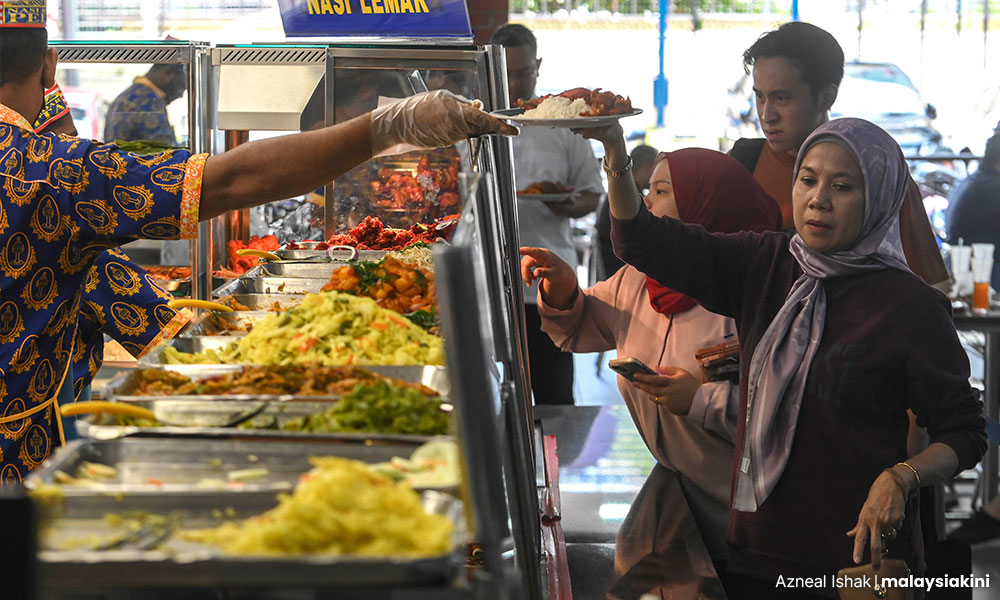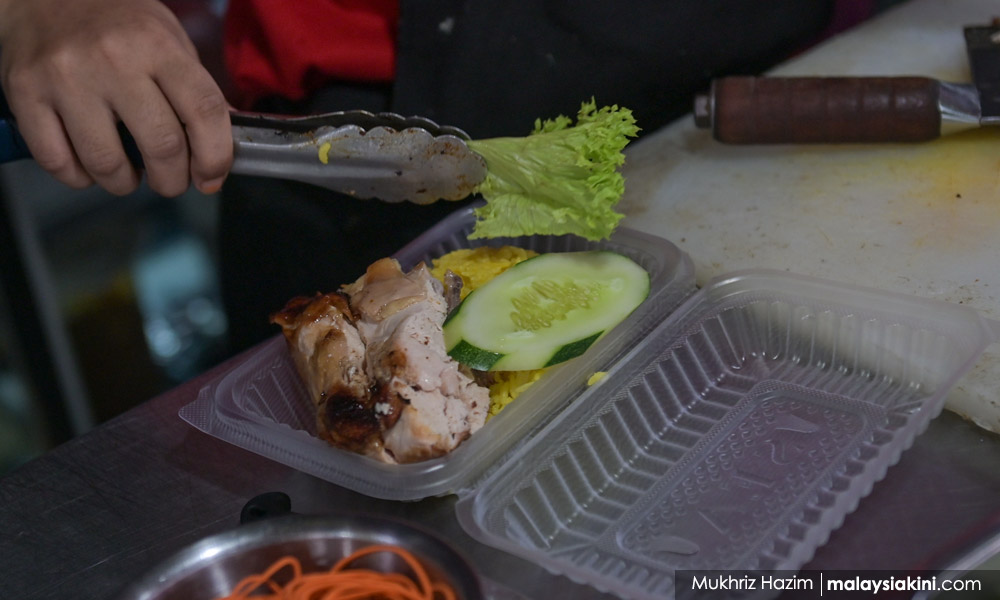The Malaysian Medical Association expresses deep concern over the spate of food poisoning cases which have occurred nationwide.
We are deeply saddened that in many of these cases, young children were affected.
It is clear that from these reports, not enough attention is being given to hygiene and food handling.
This alone can cause hospital admissions to go up.
According to the Statista Research Department, in 2022, there were approximately 14,293 food poisoning cases caused by food and water-borne diseases reported in Malaysia. This was during the pandemic, but cases have been on the rise after the pandemic.
According to Health Ministry data, cases are now more common, with 51 incidents recorded for every 100,000 people in Malaysia last year – more than double the rate of 18.4 incidents in 2021.
Food handling
One particular area we are most concerned about is food handling in the country.
Our local cuisine is ranked among the best in the world but the same can’t be said about our standards of food hygiene, in particular our street food outlets.

It is not uncommon to see no separation in the handling of food and money. In many outlets, food is being prepared in unhygienic conditions while many food stalls and caterers are known to be operating illegally.
The list goes on but what are the authorities doing about it?
Occasionally, a restaurant is closed by the authorities and the owner is slapped with a fine. But we see no improvement. Everyone closes one eye and carries on.
Stopping someone from earning an income from selling food, especially single mothers or even single fathers, might be cruel but we should insist on all food sellers getting a licence with the necessary certification from the authorities.
Proper training needed
All food operators need to be properly educated on the standards of food hygiene. Premises where food is being prepared should be regularly inspected by the authorities.

We urge the ministry to prioritise looking into these issues as food poisoning can have fatal consequences. Malaysians must also do their part in reporting unhygienic practices in the food industry to the authorities.
Under the law, all food premises as defined in the regulations must comply with the Food Hygiene Regulations 2009. Food handlers training is compulsory for all food handlers.
They must also undergo a medical examination and receive typhoid vaccination which is compulsory for all those involved in the food and beverage industry.
Via digitalisation, the ministry should also monitor and send reminders to food and beverage sellers concerning their typhoid vaccination status.
Lastly, we urge the government to audit all typhoid vaccinations given to food handlers as there are unregistered typhoid vaccines in the market being used by unscrupulous parties.
Authorities have carried out raids but the issue persists. - Mkini
DR AZIZAN ABDUL AZIZ is Malaysian Medical Association president.
The views expressed here are those of the author/contributor and do not necessarily represent the views of MMKtT.



No comments:
Post a Comment
Note: Only a member of this blog may post a comment.